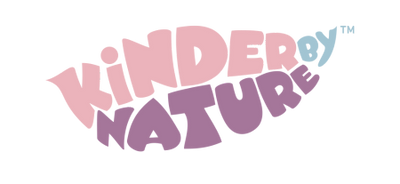I’m sure you’re aware of the devastating impacts plastic is having on our planet. In this blog I will be answering and addressing the top questions and concerns regarding plastics, with some facts that will completely shock you. Did you know that the average person eats 70,000 microplastics each year?
How much plastic is in the ocean?
Of the 260 million tons of plastic the world produces each year, about 10% ends up in the ocean, that’s 26 million tons of plastic in the ocean, the equivalent of a bin lorry’s load’s worth every minute! At least 800 species worldwide are affected by marine debris, and as much as 80% of that litter is plastic.
How is plastic getting into the oceans?
There are several different ways plastic ends up in the ocean. When plastic waste is transported to landfill sites, it can be at risk of blowing away and ending up in rivers that flow into the oceans. Plastic litter that isn’t collected or plastic that is dropped and left behind in the streets can be carried by the wind and rain into our drainage systems which eventually flows into our rivers and oceans. Or ironically, the tourism industry that brings people to beautiful beaches is suffering as holidaymakers are leaving behind their bottles, food packaging and cigarette butts on the sand which directly contribute to plastic getting into the ocean. Did you know that every day 8 million pieces of plastic make it into our oceans?
How long does it take plastic to decompose?
This depends on the type of plastic it is. The average time that a plastic bag is used for is 12 minutes, yet it takes 10,000 years to decompose, a plastic bottle takes 450 years, and a normal baby wipe takes 500 years to decompose. That’s a long time, right?
How do baby wipes contribute to plastic pollution?
Wet wipes are made from 50-80% plastic and make up 93% of the material that causes sewer blockages each year. Earlier this year, a massive blockage of wet wipes was found in the UK’s sewer system which stretched out to be more than twice the length of two football pitches. Material like this eventually makes its way into our oceans and takes hundreds of years to break down, contributing to this ongoing problem.
How can we prevent this?
- Reduce use of single-use plastics – these include, plastic bags, straws, water bottles, take out containers.
- Recycle properly –only 9% of plastic is recycled worldwide. Recycling helps keep plastics out of the oceans.
- Use biodegradable baby wipes
How does Jackson Reece relate to this?
All of our wipes at Jackson Reece are fully biodegradable and compostable so they aren’t harmful to the environment. We make our wipes from natural wood pulp instead of the synthetic polyester other companies use, so they decompose after just 12 weeks. Our Jackson Reece baby wipes are one-of-a-kind wipes which break up in the sewage system and are biodegradable and compostable, so if they accidentally end up in waterways, they won’t cause damage. However – it’s not where they’re supposed to be, so always take care to put them in the bin once you’ve used them. As much of our packaging at Jackson Reece is made from recyclable materials as possible and everything is made in the UK - from the products themselves to the containers they come in. We are dedicated to protecting our oceans and planet, not just today but for our kids tomorrow.





















